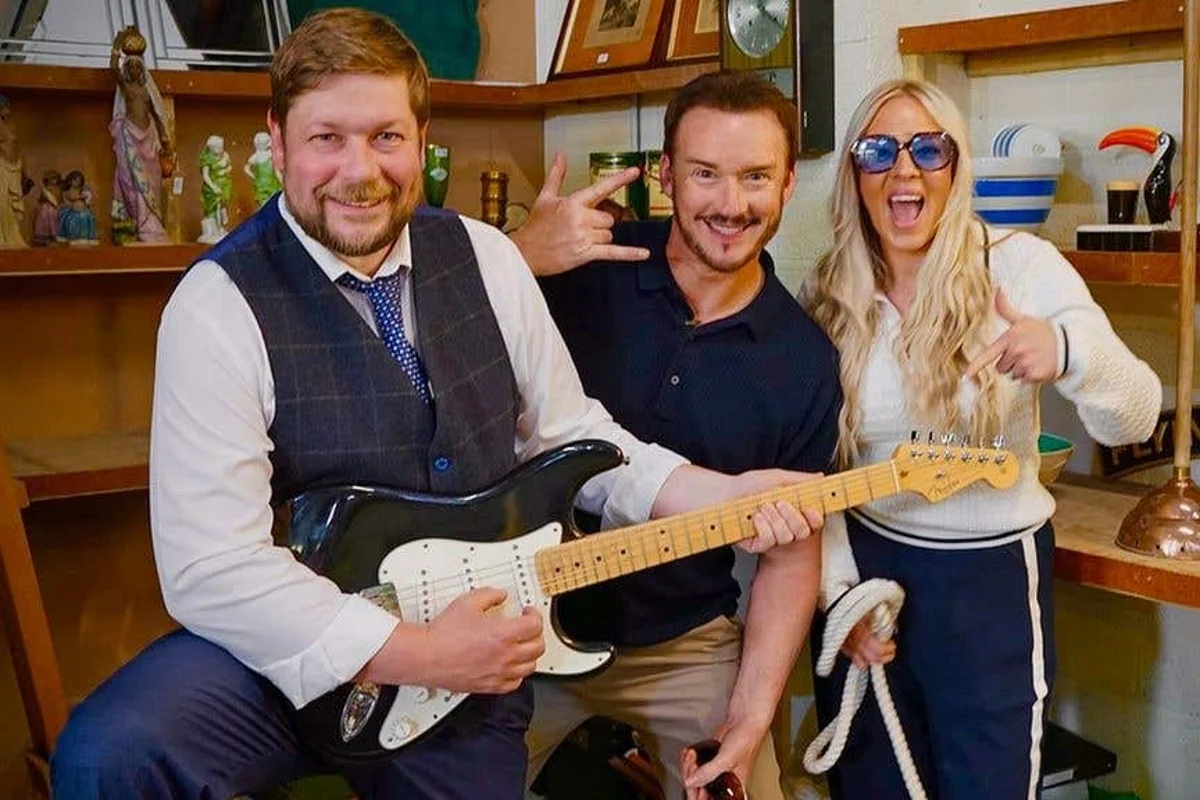Copyright Variety

Just over two years after Suzanne Somers’ death, the late actor and fitness icon’s widower Alan Hamel has revealed he’s created an AI clone of Somers for online fan interactions. Hamel gave an exclusive interview to People magazine and officially announced that a “Suzanne AI Twin” is in development, calling it a “really interesting” project. Somers and Hamel were married for 55 years. She died in October 2023 from breast cancer. “It was Suzanne. And I asked her a few questions and she answered them, and it blew me and everybody else away,” Hamel, 89, told the publication about the AI clone of his late wife. “When you look at the finished one next to the real Suzanne, you can’t tell the difference. It’s amazing. And I mean, I’ve been with Suzanne for 55 years, so I know what her face looks like. When I just look at the two of them side by side, I really can’t tell which one is the real and which one is the AI.” To create an AI version of Somers, Hamel and the development team trained an AI system with “all of Suzanne’s 27 books and a lot of interviews that she has done, hundreds of interviews, so that she’s really ready to be able to be asked any question at all and be able to answer it, because the answer will be within her.” According to Hamel, the idea of creating a virtual Somers has long been in development and is something even Somers herself was interested in creating when she was alive. “It was Suzanne’s idea. And she said, ‘I think we should do that.’ She said, ‘I think it’ll be very interesting and we’ll provide a service to my fans and to people who have been reading my books who really want and need information about their health,'” Hamel said. “So that’s the reason we did it. And so I love being able to fulfill her wish.” Once a version of the AI Suzanne is finished, the plan is to upload “her” on SuzanneSomers.com so that she can become a 24/7 AI chatbot for the late Somers’ fans. As her widower summarized: “There’ll be people who will ask her about their health issues, and Suzanne will be able to answer them. Not Suzanne’s version of the answer, but it’ll go directly to the doctor she interviewed for that very issue, so it’ll be coming from an MD.” “The first time I spoke to Suzanne AI, for the first two or three minutes, it was a little strange. But after that, I forgot about the fact that I was talking to a robot and asking her questions and getting answers, and it happens that fast for me, getting used to the whole idea,” Hamel added to People.



